Research: AI for Computational Physics、Nuclear Experiments、Nuclear Theory & Phenomenology、Particle Detectors、Particle Physics、Statistical Physics and Complex Systems
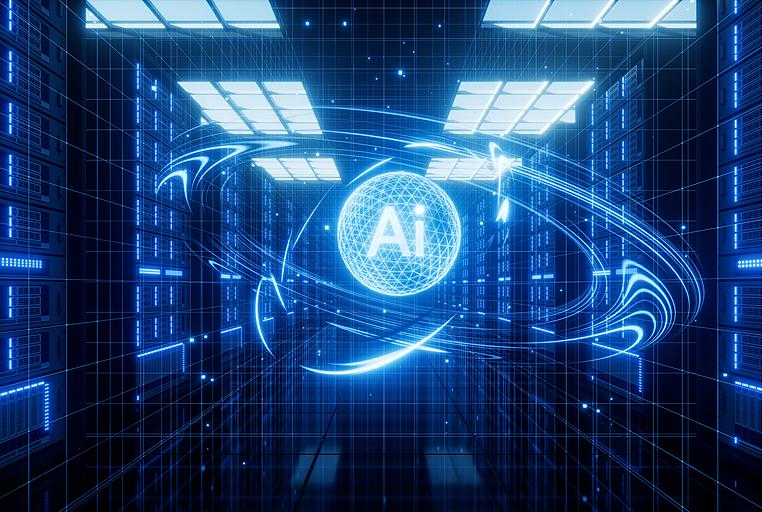
Artificial intelligence for computational physics aims to utilize computational techniques related to artificial intelligence to address complex and cutting-edge problems in physics. Research directions include complex systems, the ground-state properties of atomic nuclei, the QCD phase diagram, jet quenching, and the non-equilibrium evolution of hot and dense nuclear matter. These areas involve the use of AI to solve complex differential equations, inverse problems, variational problems, and generative problems, as well as the application of physical principles to guide the design and optimization of AI algorithms.Members:Wei-Bing Deng, Li-Ping Chi, De-Fu Hou, Chen Ji, Wei-Yao Ke, Wei Li, Xiao-Feng Luo, Zhi-Ming Li, Long-Gang Pang, Guang-You Qin, Xin-Nian Wang, Yuan-Fang Wu, Ming-Mei Xu, Ben-Wei Zhang, Han-Zhong Zhang.
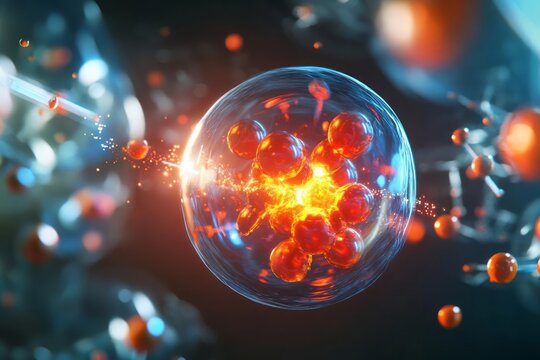
The nuclear physics experiment group aims to investigate the state and properties of nuclear matter formed under extreme conditions in heavy-ion collisions and explore the phase structure of strong interactions through beam energy scan experiments. They also conduct R&D of key technologies on particle detectorfornuclear physics experiments.Members:Feng Liu, Xiaofeng Luo, Yaxian Mao, Hua Pei, Shusu Shi, Xiangming Sun, Yaping Wang, Nu Xu, Zhongbao Yin, Xiaoming Zhang, Daicui Zhou.

The nuclear theory and phenomenology group aims to explore properties of hadrons and nuclear matter under normal and extreme conditions as governed by the Quantum Chromodynamics (QCD) with close connection to related experiments and phenomenology.Members: Heng-Tong Ding, Qin-Hua Fu, Defu Hou, Chen Ji, Weiyao Ke, Sheng-Tai Li, Fuming Liu, Long-gang Pang, Guangyou Qin, Hai-Tao Su, Xin-Nian Wang, Yuan-fang Wu, Ming-mei Xu, Chun-bin Yang, Benwei Zhang, Hanzhong Zhang, Daimei Zhou.
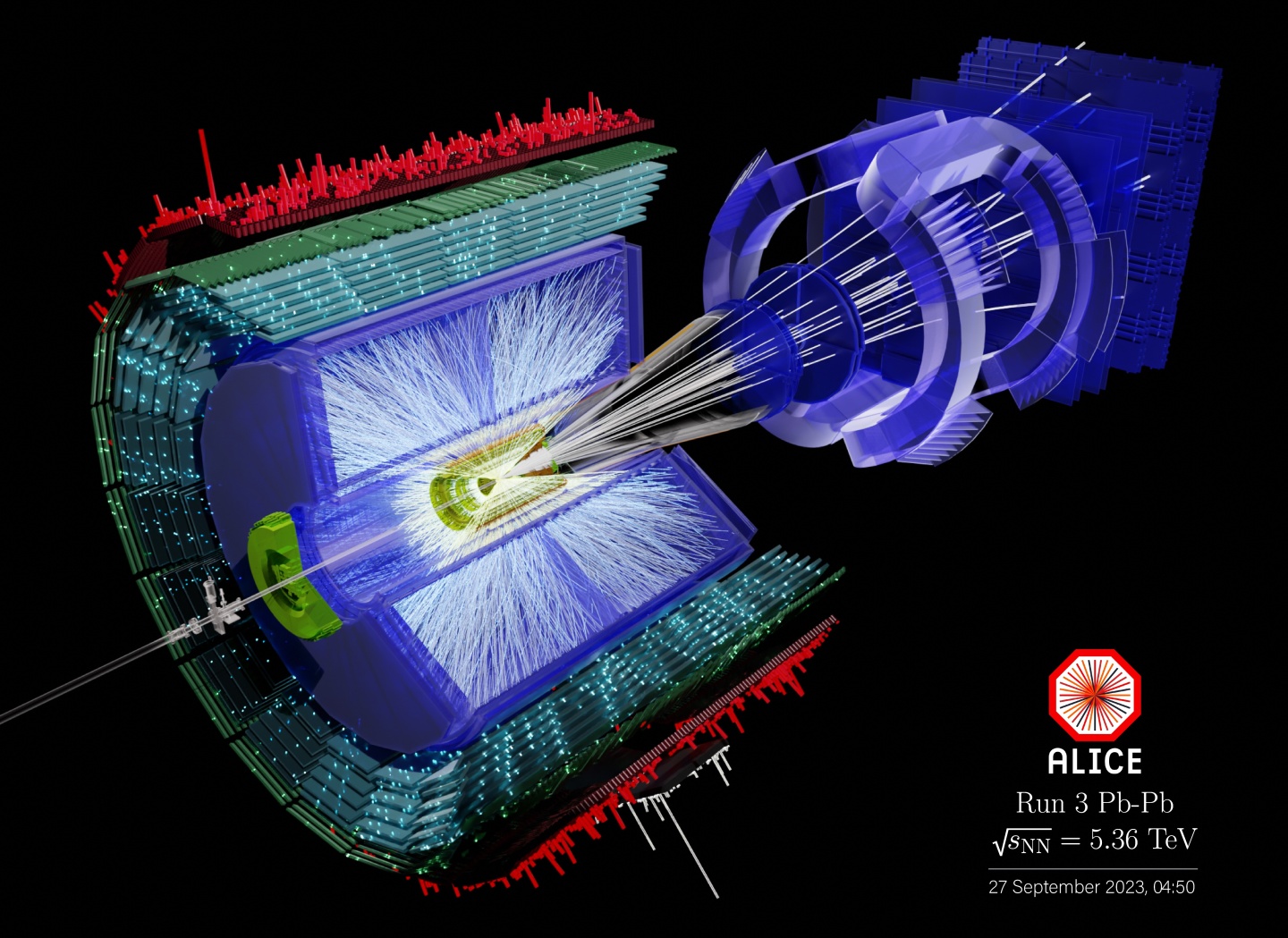
This research area focuses on the realm of particle detection, utilizing advanced technologies and innovative methodologies to delve into the mysteries of the microscopic world. The central focus of the research encompasses pivotal components such as pixel detectors, topmetal chips, and MAPS chips, which are fundamental to achieving high-precision particle detection.Members: Xiang-ming Sun,Dong Wang,Ya-ping Wang, Di Guo,Le Xiao,Chao-song Gao,Kai Chen,Ping Yang,Hu-lin Wang,Dong-liang Zhang,Peng-cheng Ai,Ying-qing Xia.
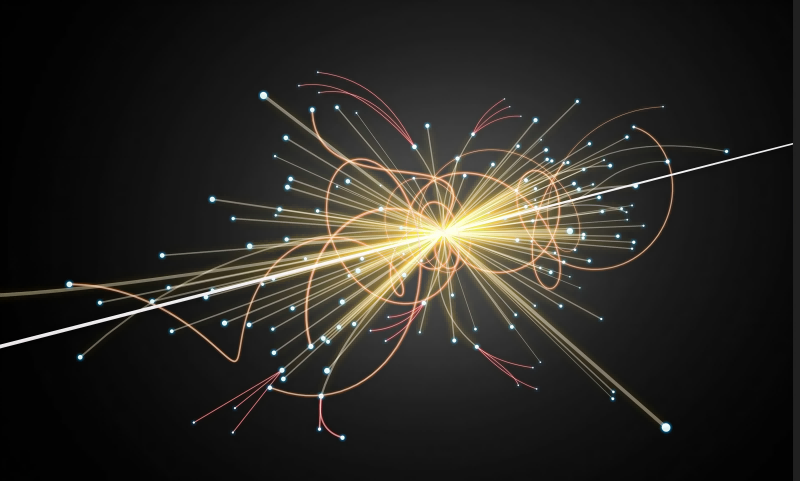
The main research focus of the particle physics group is the fundamental particles that make up the material world and their interactions. They conduct theoretical and experimental research on major scientific issues in the fields of heavy flavor physics, neutrinos, and dark matter, aiming to precisely test the Standard Model and search for new physics beyond the Standard Model.Members: Kai Chen, Shaolong Chen, Ryotaro Watanabe, Chang Gong, Xinqiang Li, Yanbing Wei, Yuehong Xie, Yadong Yang, Hang Yin, Xingbo Yuan, Dongliang Zhang, Xiaokang Zhou.
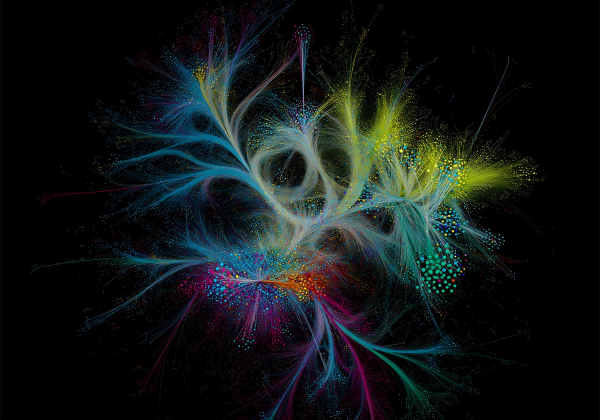
The researchers at the group of statistical physics and complex systems endeavor to understand and unify the underlying, shared patterns in complex physical, biological, social, technological, and many more systems, through rigorous physical, mathematical, and computational reasoning.Members: Weibing Deng, Liping Chi and Wei Li.